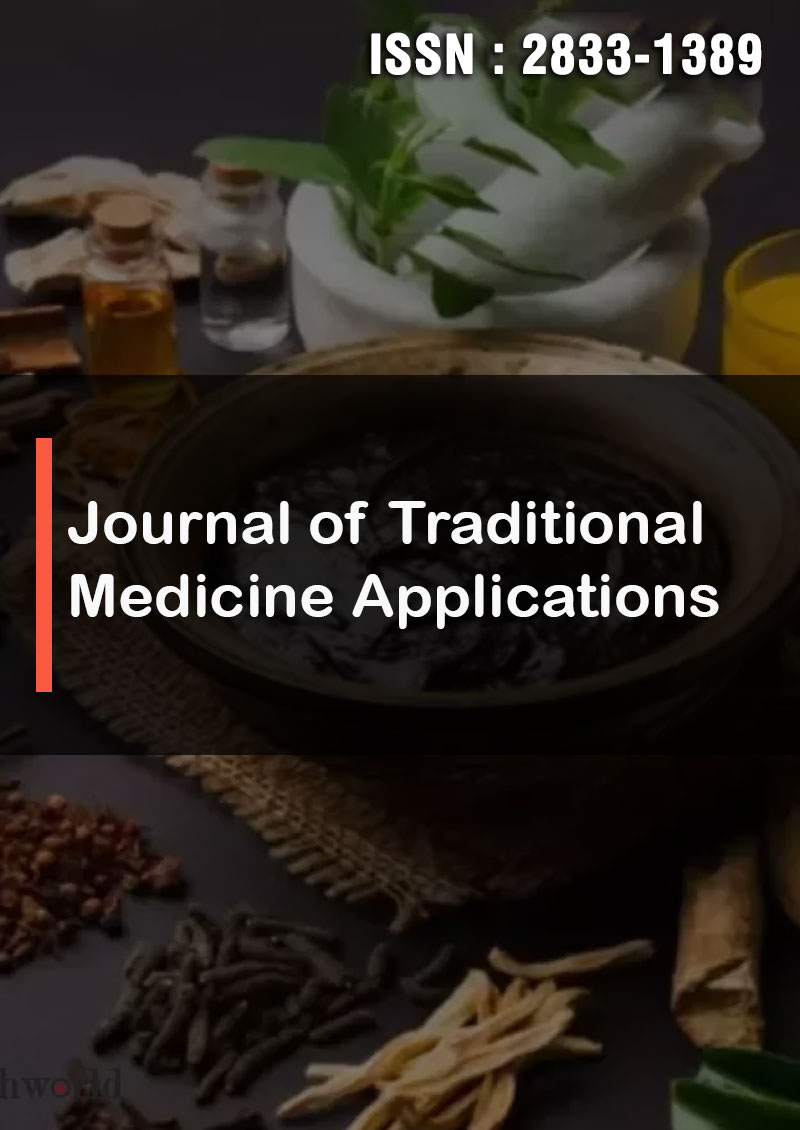The Impact of Expert Medical Reports on Pediatric Medical Malpractice Judgments in Brazil
Abstract
Camila Lúcia Dedivitis Tiossi Wild and Werther Brunow de Carvalho
Introduction: Medical error indicates any failure in the provision of health services.
Objective: To analyze civil lawsuits of pediatric medical error, evaluating: causal link; type of medical error; conviction of the court; correlation between expert report and legal understanding.
Method: Retrospective analysis of 60 pediatric examinations at the São Paulo Institute of Criminology (IMESC), period: April 2009 to February 2014 carried out by an expert with specialist titles (pediatrics and medical examinations). Distributed by age, sex, type of expertise (indirect or direct), expert conclusion (causal link), type of medical error, court ruling (in agreement or not with the expert report),basis of judgment - objective or subjective law.
Results: Median age 3.5 years. 29 female and 31 male. Indirect examinations (death) were the majority (65%). Expert causal link in 27 expertise (45%). Judge accepted nexus in 26 sentences. Most of the sentences agreed with the expert (91.6%). Subjective law (negligence, recklessness, malpractice) was the most used by the magistrate (61.70%). Statistical analysis with distribution of nominal variables (frequency) found significance between medical expert report and court ruling.
Conclusion: Expert evidence supported 91.6% of court sentences, having a major impact on the judicial process (p<0.005). Moral damage included in 100% of favorable lawsuits.




